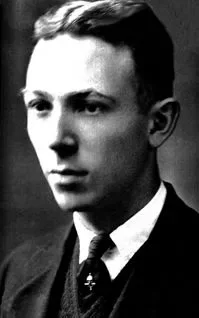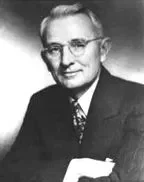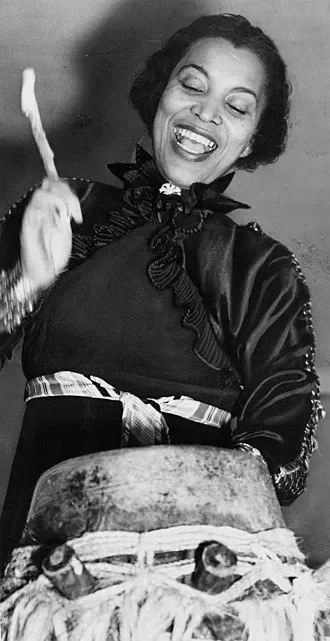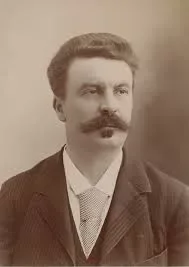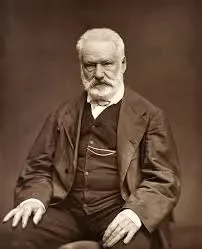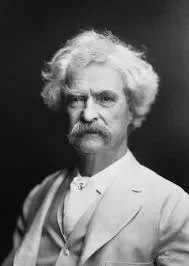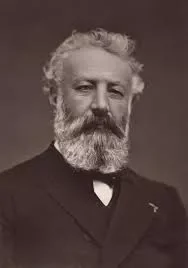Real Celebrities Never Die!
OR
Search For Past Celebrities Whose Birthday You Share
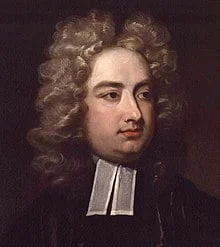
source:wikimedia.org
Jonathan Swift
Birthday:
30 Nov, 1667
Date of Death:
19 Oct, 1745
Cause of death:
Natural causes
Nationality:
Irish
Famous As:
Poet
Age at the time of death:
77
Jonathan Swift's Quote's
Early Life and Education
Jonathan Swift was an Irish essayist, poet, and cleric who became Dean of St Patrick’s Cathedral, Dublin, and was widely regarded as one of the greatest satirists, best known for his works of political satire, particularly “Gulliver’s Travels.” Born on 30 November 1667 in Dublin in the Kingdom of Ireland to an Irish family, Swift developed a passion for reading and languages from an early age. He was the second child of Jonathan Swift Sr. and Abigail Erick Swift.
Swift’s father passed away due to syphilis in Dublin a few months before his son was born. Due to financial hardships, Swift’s mother went back to England to live with her family in 1673, leaving her son behind in the care of his uncle, Godwin Swift, who was a lawyer in Ireland. Swift spent most of his childhood with his uncle in Dublin. He also received a good education, as his uncle sent him to Kilkenny Grammar School where he began his formal education. In 1682, he attended Trinity College and received his Bachelor of Arts degree in 1686 and his Master of Arts degree in 1692 from Hart Hall, Oxford.
Career Beginnings
Swift left Kilroot and returned to England in 1696 to work for Sir William Temple at Moor Park. In 1696, he assisted in preparing Temple’s memoirs and wrote “The Battle of the Books,” a witty and humorous work, in response to critics of Temple’s work. However, this was officially released to the public only in 1704. In 1701, he received his Doctor of Divinity degree from Trinity College Dublin. Swift was famous for his satirical writings, which include novels like “A Modest Proposal” in 1729, and “A Tale of a Tub” in 1704. Swift and other writers, including Alexander Pope, John Gay, and John Arbuthnot, founded the Martinus Scriblerus Club. In 1726, he published “Gulliver’s Travels,” his most notable work, which is a satirical exploration of human nature and society through the fantastical adventures of Lemuel Gulliver. He wrote his own obituary, “Verses on the Death of Dr. Swift,” in 1731.
Political Involvement
Swift became increasingly involved in the politics and social issues of his time. He wrote numerous pamphlets and essays labeling issues such as religious conflict, corruption, and the mistreatment of the Irish by the British. He assisted the Tory government and wrote influential pamphlets, including “The Conduct of the Allies,” and played a role as editor of “The Examiner.” Swift served as a clergyman in the Church of Ireland and also held various positions within the church, including serving as Dean of St. Patrick’s Cathedral. Swift turned his pamphleteering skills toward advocating for Irish causes. He published influential works like the “Proposal for Universal Use of Irish Manufacture,” “Drapier’s Letters,” and “A Modest Proposal.” In 1727, he was visiting England, but the visit was cut short when he received news of the imminent death of Esther Johnson. Swift reveals his emotional state to her death in his work “The Death of Mrs. Johnson.”
Later Life and Legacy
In 1738, Swift began to show signs of illness and suffered a stroke, resulting in the loss of his ability to speak. Jonathan Swift passed away on October 19, 1745, at the age of nearly 78. His death marked the end of a wonderful life filled with literary achievements, political engagement, and social commentary. His legacy endures through his writings and poems.
Name:
Jonathan Swift
Popular Name:
Jonathan Swift
Gender:
Male
Cause of Death:
Natural causes
Spouse:
Place of Birth:
Dublin, Ireland
Place of Death:
Dublin, Ireland
Occupation / Profession:
Personality Type
Virtuoso: Bold and practical experimenters, masters of all kinds of tools. He was highly skilled and knowledgeable in numerous areas.
As well as being a noted satirist, essayist, and pamphleteer, Swift became Dean of St Patrick’s Cathedral in Dublin.
The female name “Vanessa” was invented by Jonathan Swift for his lover Esther Vanhomrigh.
The Oxford English Dictionary lists Swift as the first person to use the word “cowboy”.
One of the foremost prose satirists in the history of English literature.


